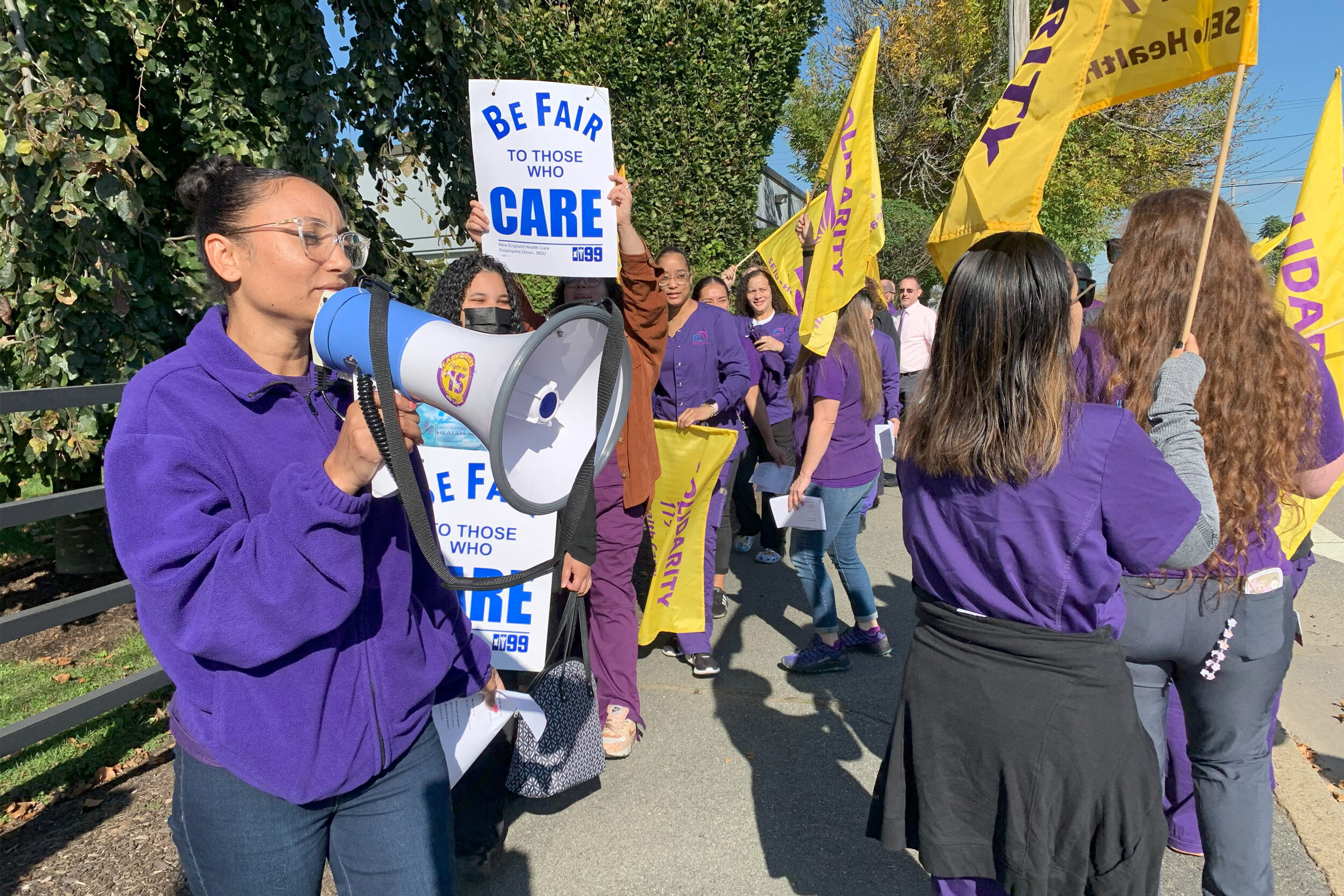First, her favorite doctor in Providence, Rhode Island, retired. Then her other doctor at a health center a few miles away left the practice. Now, Piedad Fred has developed a new chronic condition: distrust in the American medical system.
“I don’t know,” she said, her eyes filling with tears. “To go to a doctor that doesn’t know who you are? That doesn’t know what allergies you have, the medicines that make you feel bad? It’s difficult.”
At 71, Fred has never been vaccinated against covid-19. She no longer gets an annual flu shot. And she hasn’t considered whether to be vaccinated against respiratory syncytial virus, or RSV, even though her age and an asthma condition put her at higher risk of severe infection.
“It’s not that I don’t believe in vaccines,” Fred, a Colombian immigrant, said in Spanish at her home last fall. “It’s just that I don’t have faith in doctors.”
The loss of a trusted doctor is never easy, and it’s an experience that is increasingly common.
The stress of the pandemic drove a lot of health care workers to retire or quit. Now, a nationwide shortage of doctors and others who provide primary care is making it hard to find replacements. And as patients are shuffled from one provider to the next, it’s eroding their trust in the health system.
The American Medical Association’s president, Jesse Ehrenfeld, recently called the physician shortage a “public health crisis.”



Honestly the problem with medicine is capital. I can’t think of a single time I’ve gone to the doctor where I haven’t felt like a piece of meat, just a number they are trying to get rid of quickly and bill. Different doctors, different practices, even specialists. All the same.